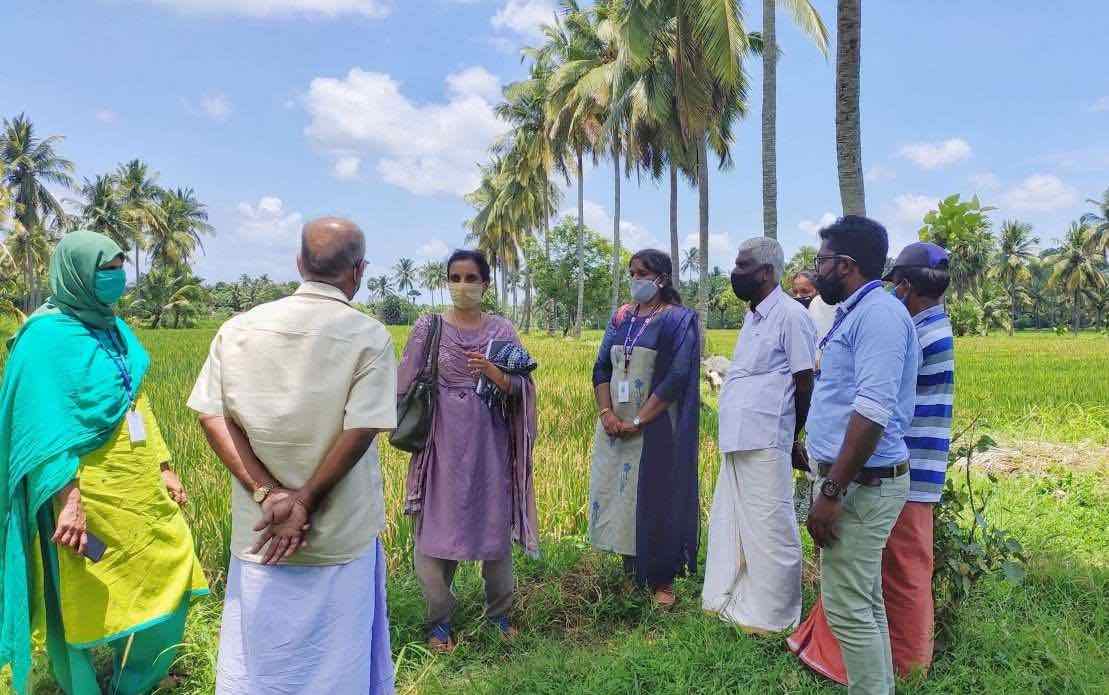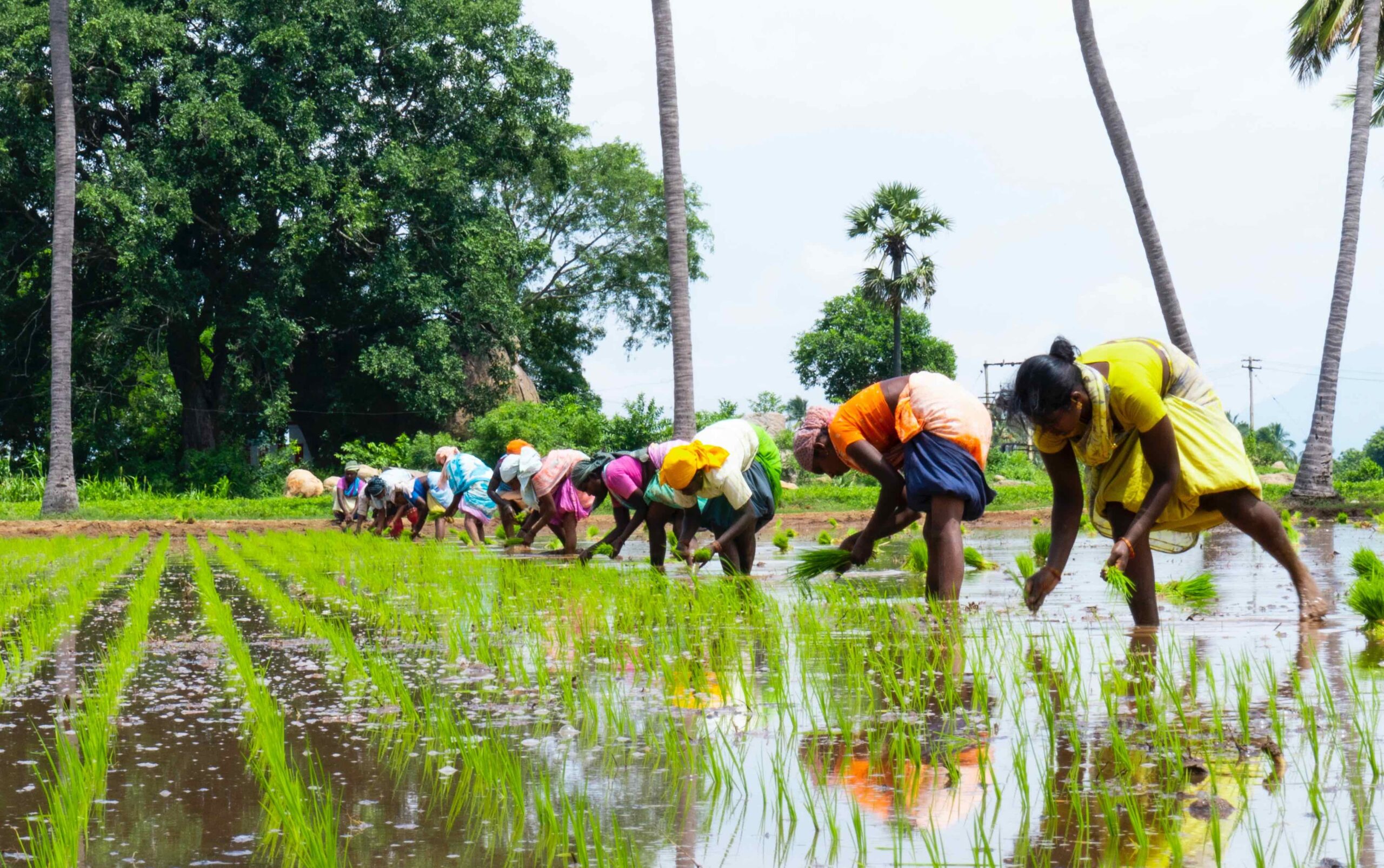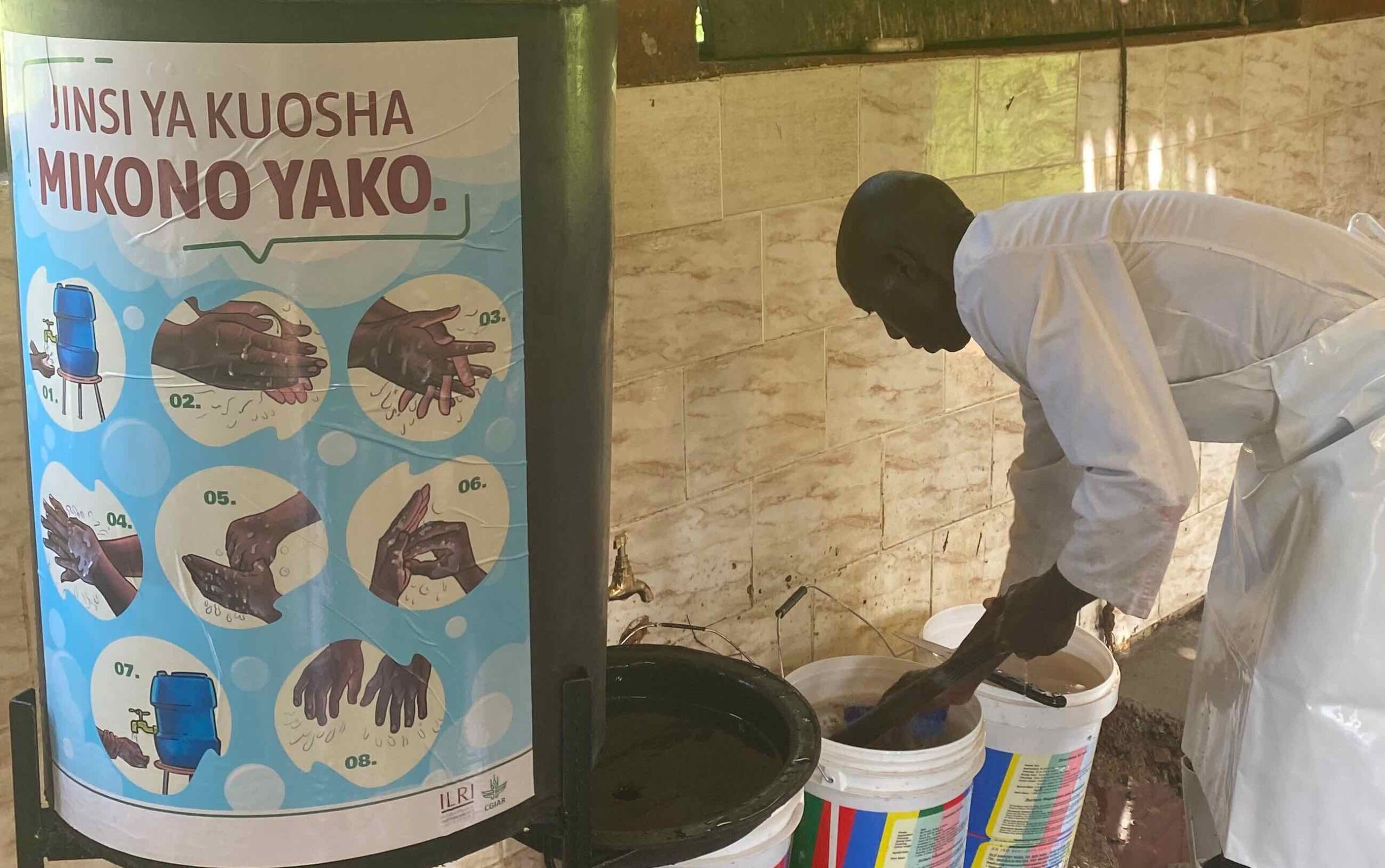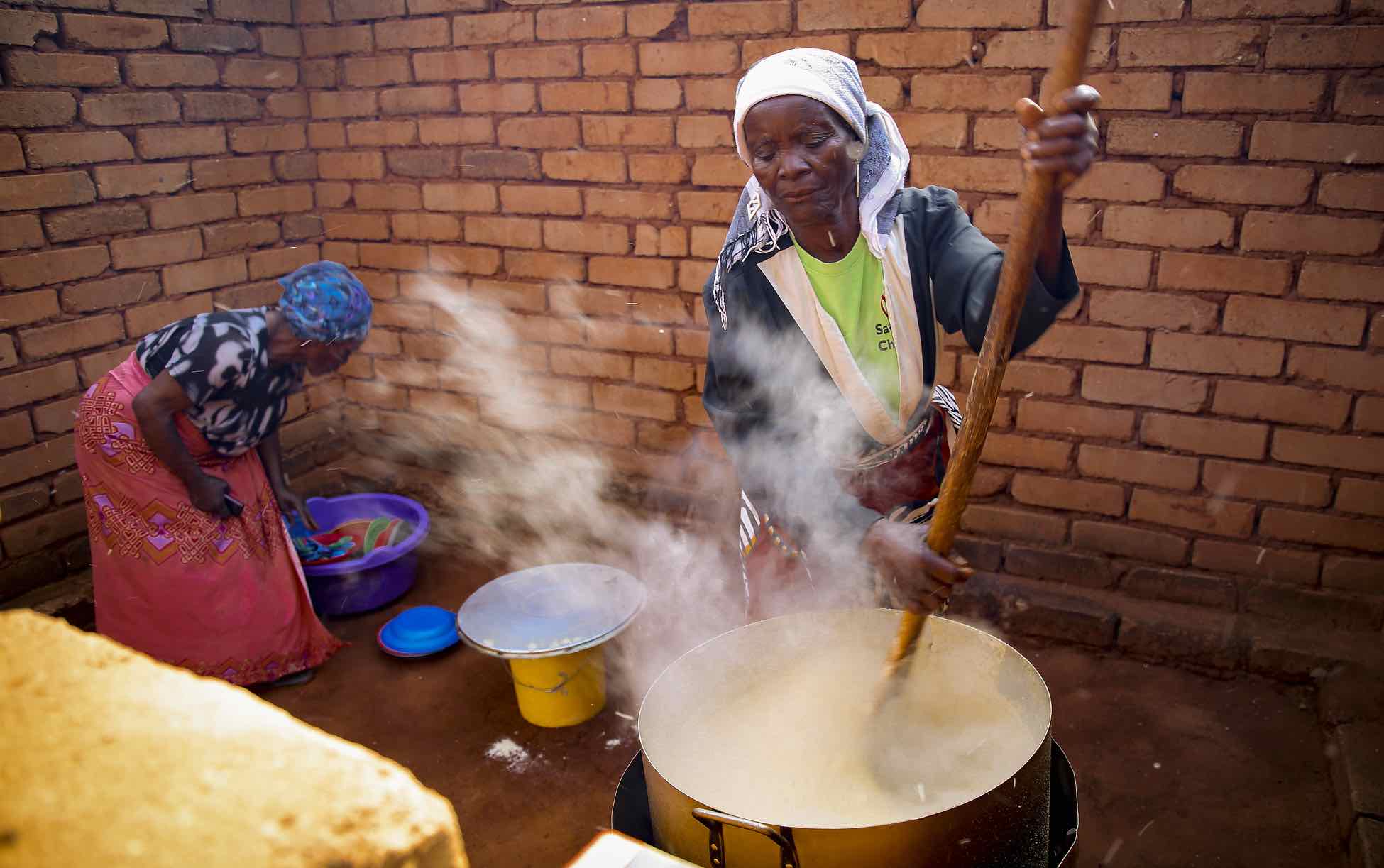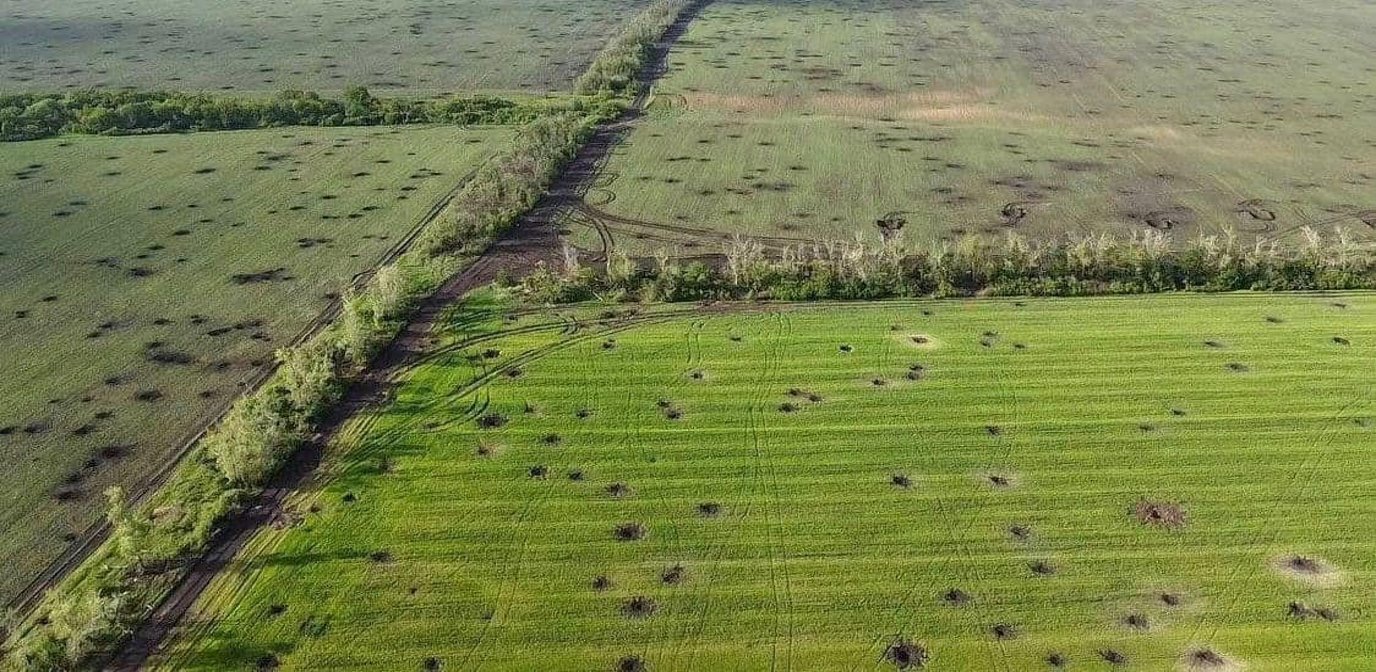
Special series: The Russia-Ukraine conflict
The February 2022 invasion of Ukraine triggered trade disruptions and significant increases in international energy, agricultural commodities, and fertilizer prices, which were already elevated due to the impacts of COVID-19 and the value chain disruptions caused by the pandemic. Although global food and fertilizer prices have receded from their peak levels, they remain high compared to pre-Covid levels, contributing to high domestic food price inflation in many low- and middle-income countries. This special blog series, edited by IFPRI Director General and Managing Director of CGIAR’s Systems Transformation Science Group, Johan Swinnen, and IFPRI Senior Research Fellow Joseph Glauber aims to shed light on the continuing repercussions of the Ukrainian war and other factors exacerbating food price inflation and food insecurity, and to provide in-depth analysis and propose policy responses that can enhance the resilience of national and global food systems
What’s New

Making a Difference Blog Series

For more than three decades, IFPRI has worked with the Government of Ethiopia to provide evidence-based advice on the development of the country’s agricultural sector.
IFPRI’s research and policy recommendations led to the establishment of Ethiopia’s Agricultural Transformation Agency (ATA) in 2010, which continues to play a critical role in guiding the country’s agricultural development and sustainability.
Tamsin Zandstra, Gashaw T. Abate, Shahidur Rashid, and Nicholas Minot outline how IFPRI’s long-term strategic research support to the ATA has led to several tangible government policy outcomes.
Our Reach
Global, regional, and national food systems face major challenges and require fundamental transformations. More than ever, responding to these challenges will require a systems-oriented, multidisciplinary approach to reshape food systems so they work for all people sustainably.
500k+
Blog views
200k+
Facebook followers
135k+
Twitter followers
20k+
publications
Explore IFPRI’s Interactive Content
-
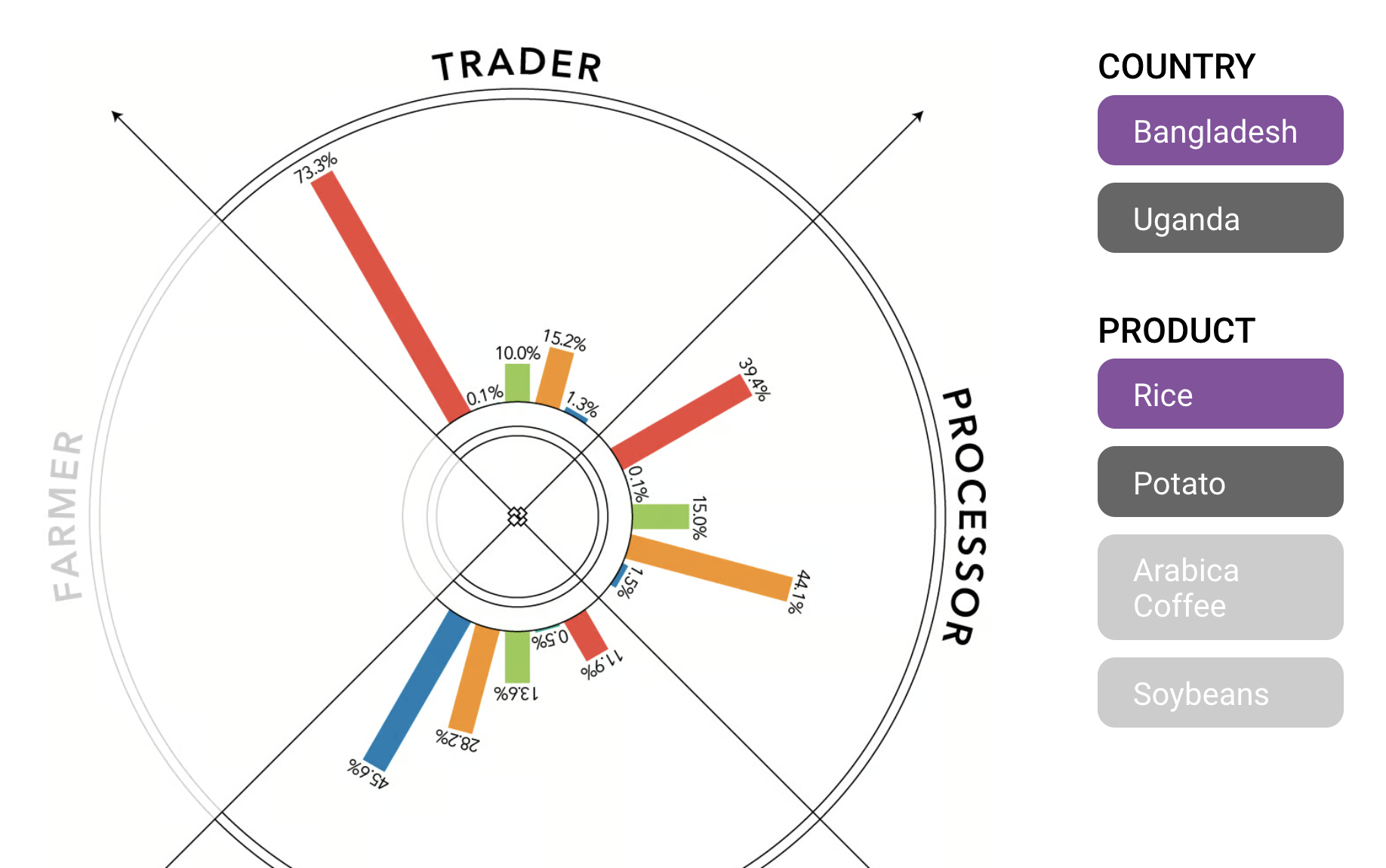
Buying and Selling Patterns for Agrifood Value Chains
The structure of agri-food value chains can be nonlinear.
-
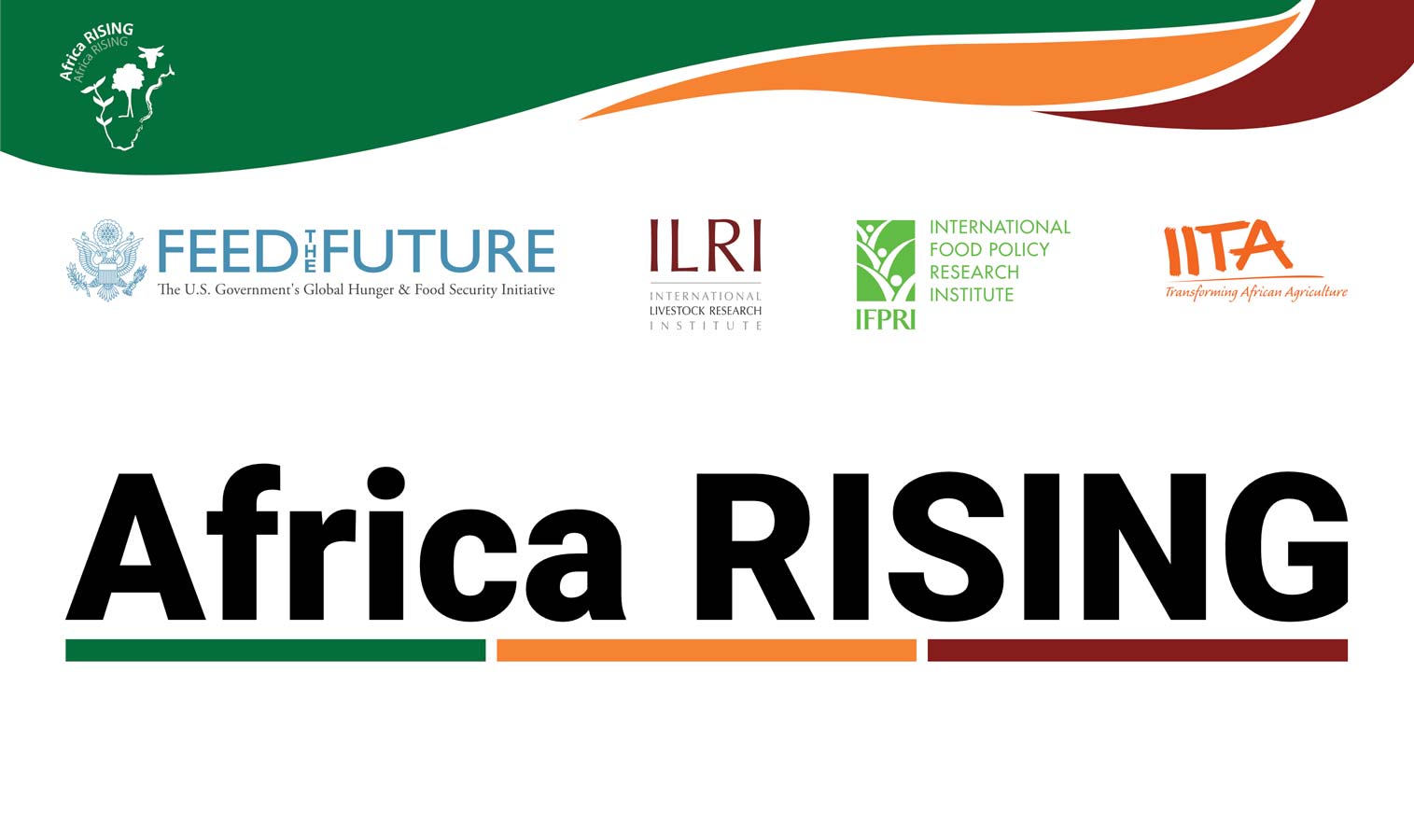
Africa RISING
The Africa Research In Sustainable Intensification for the Next Generation (Africa RISING) program comprises three research-in-development projects supported by the United States Agency for International Development (USAID) as part of the U.S. Government’s Feed the Future initiative
-
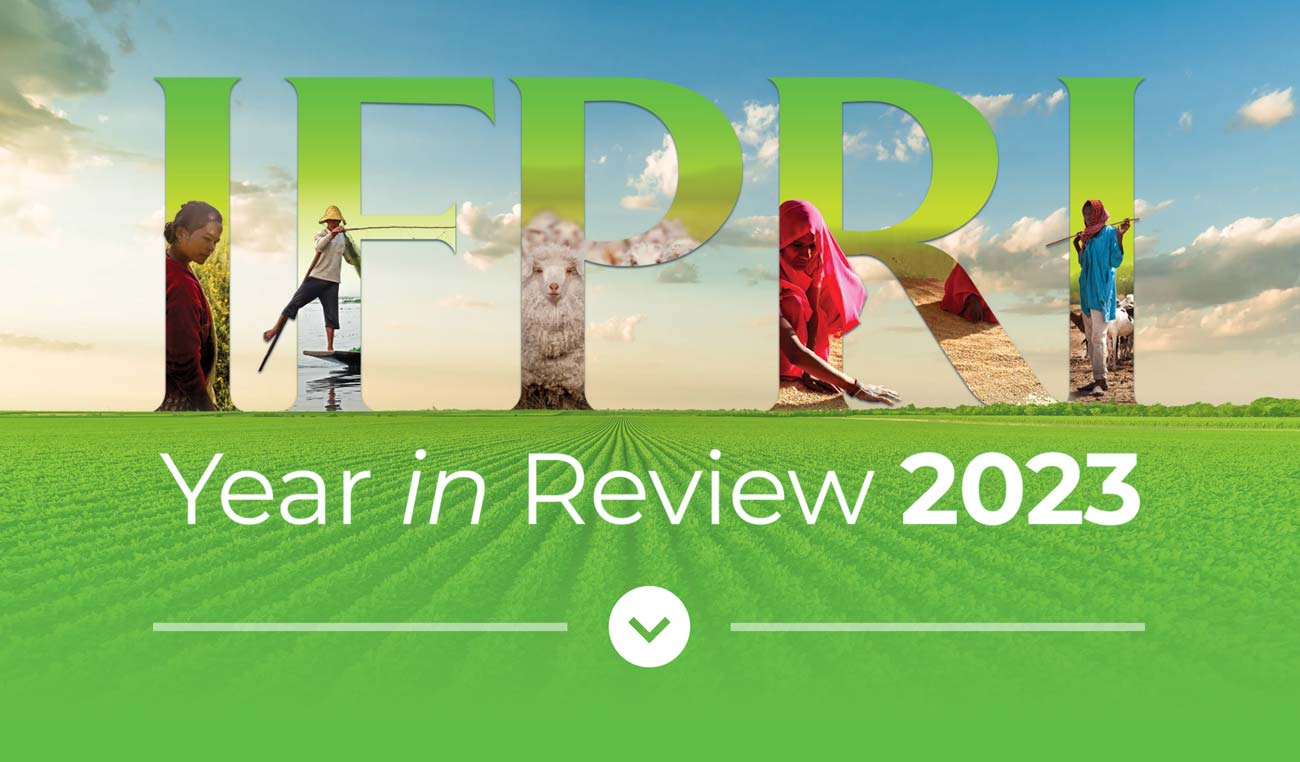
IFPRI Year in Review 2023
In 2023, IFPRI continued to contribute policy-relevant research to address food system shocks and challenges, including finding ways to build greater resilience into food systems to make them less vulnerable to future shocks, and to foster inclusion and equity.






